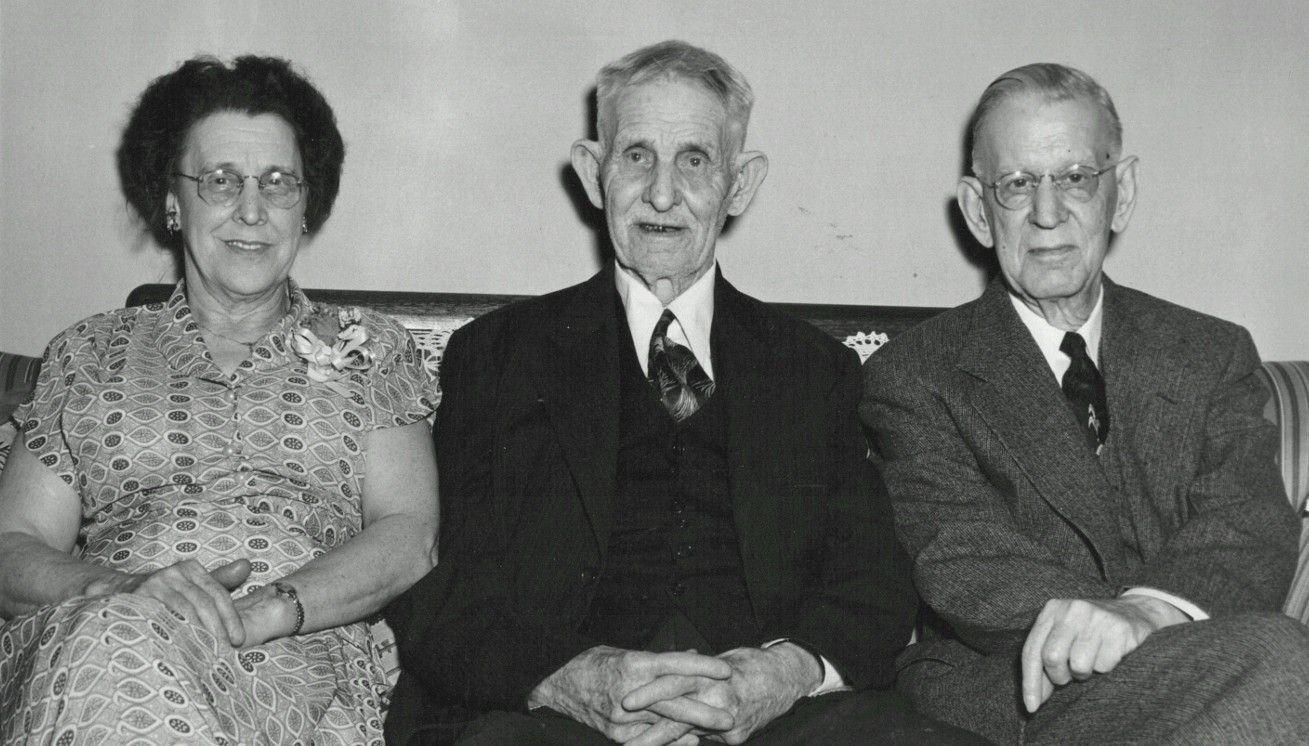THE INSURRECTION ACT: LEGAL MILITARY DEPLOYMENT ON U.S. SOIL
COMMENT
SHARE

If you’re in the military, it’s unlikely that you’ll have to deploy against fellow Americans. However, you can’t rule it out completely. It’s happened many times before through the Insurrection Act. With the strong rhetoric coming from both sides of the political aisle, the topic is on the minds of many voters.
Insurrection Act: Legal Framework and Historical Context
The Insurrection Act allows the President to deploy military forces domestically to control rebellion, domestic violence, or enforce federal law.
It provides Congress the power to "call forth the Militia" to execute laws, suppress insurrections, and repel invasions as outlined in the Constitution.
This Act is the main exception to the Posse Comitatus Act, which normally prohibits military involvement in civilian law enforcement.
Despite being called the “Insurrection Act of 1807,” it’s actually a collection of statutes created between 1792 and 1871 that have changed over time.
The 1807 Act replaced the 1792 Calling Forth Act, allowing the federal government to take control of state militias during crises.
Many Are Calling for Reform
There has been more talk about Trump and the Insurrection Act in recent years both involving its elimination and use at different moments.
Yet, some have criticized the bill as a potential threat to the liberties of Americans.
Notably, the Curtailing Insurrection and Violations of Individuals' Liberties Act (CIVIL) Act was brought up in 2020, as an effort to limit presidential powers through the law.
This was done by requiring the POTUS to go to Congress before invoking the Insurrection Act. If there was no Congressional approval, troops could only be activated for 14 days at a time.
Furthermore, the CIVIL Act affects the enforcement of state laws as well as keeping troops away from civilian law enforcement, unless explicitly authorized by law.
More recently, in 2022, the Brennan Center for Justice (BCJ) has been critical of the Insurrection Act based on the language not being specific enough as a way to protect civilians protesting and to maintain a separation from minor crimes being dealt with by the military.
Historical Invocations of the Insurrection Act in U.S.
So far, there have been at least 30 times the Insurrection Act has been used. There are another three incidents in which the illegal actions were taken with a similar effect by the federal government.
Here are some of the notable events that have allowed for the use of the Insurrection Act of 1807:
- The Whiskey Rebellion in 1794.
- Fries's Rebellion in 1799.
- Nat Turner's Rebellion in 1831 (not formally declared).
- In 1861, following the beginning of the Civil War, when seven states succeeded.
- The Great Railroad Strike of 1877.
- The Ole Miss Riot in 1962.
- In 1968, following the assassination of Dr. Martin Luther King Jr.
Furthermore, there were several instances involving racial unrest. Particularly during Reconstruction and the Civil Rights Movement.
In fact, the latest use of the Insurrection Act came following the 1992 Los Angeles riots due to the acquittal of the police officers involved in Rodney King’s death.
American Forces vs American People
As much as people want to talk about the U.S. military deploying against American citizens, there are a few things everyone should remember:
- The legislation is only applicable when there are extreme moments of violent unrest and/or the disruption of federal law.
- These powers apply to the President, not presidential candidates.
- Arguably, the bill is under more scrutiny than ever before—from multiple political fronts.
It’s possible for leaders like Trump to use the Insurrection Act if they are President but the backlash will be inevitable.
No matter who becomes President, invoking the Insurrection Act is unlikely to allow for military force on civilians without an extreme situation coming to fruition following the election.
Suggested reads:
Join the Conversation
BY BUDDY BLOUIN
Buddy Blouin is a Contributing Writer at VeteranLife.com
Buddy Blouin is a Contributing Writer at VeteranLife.com



